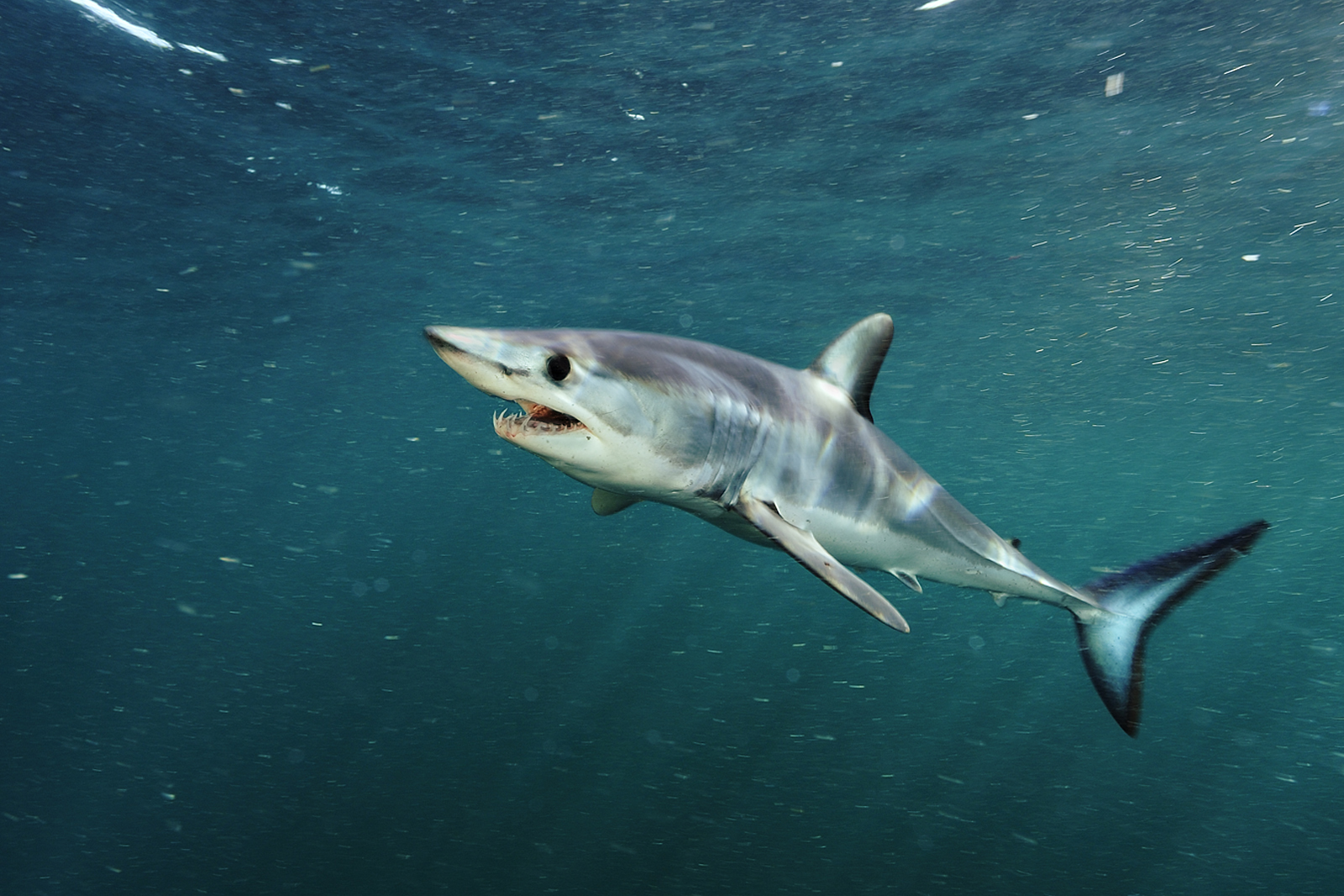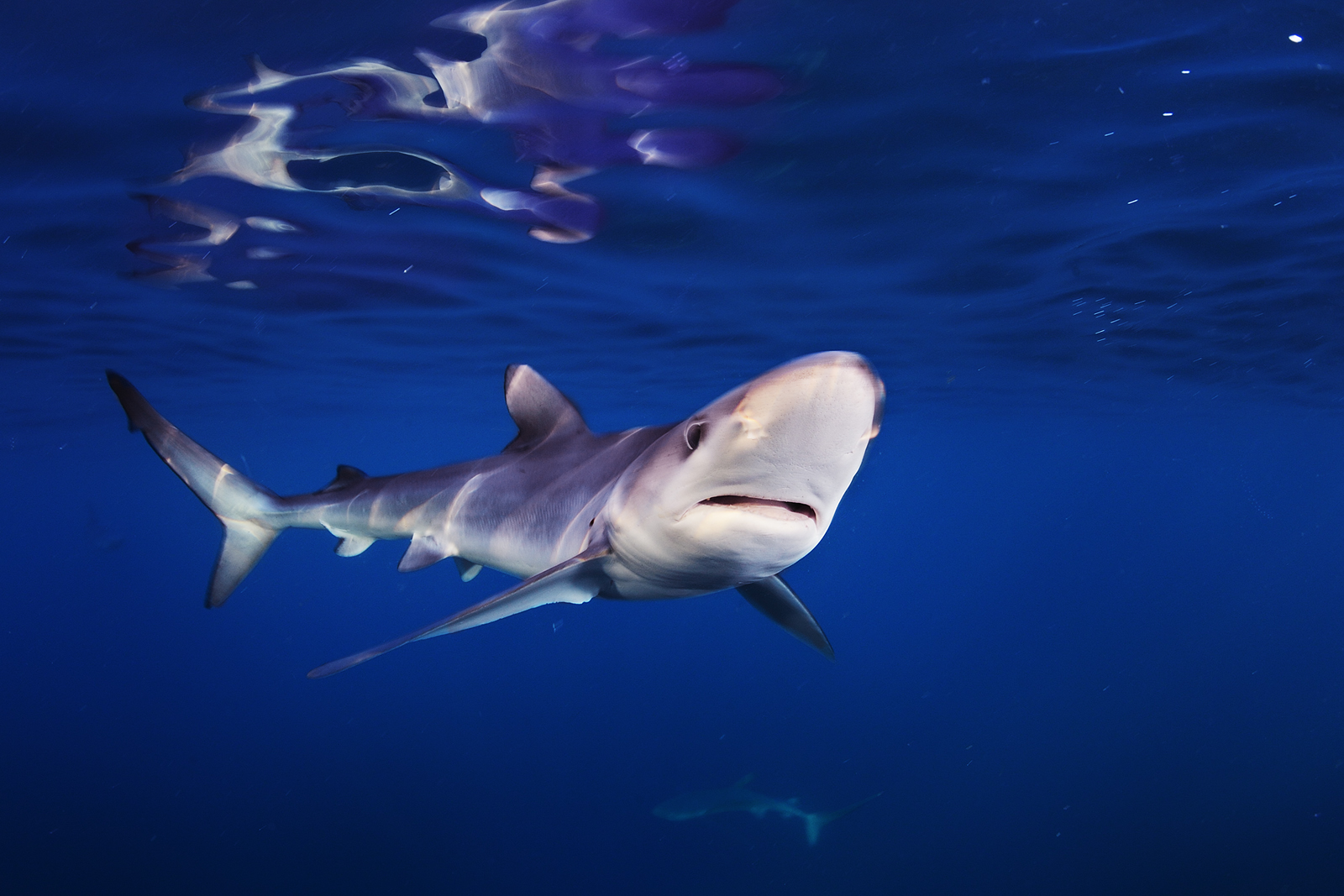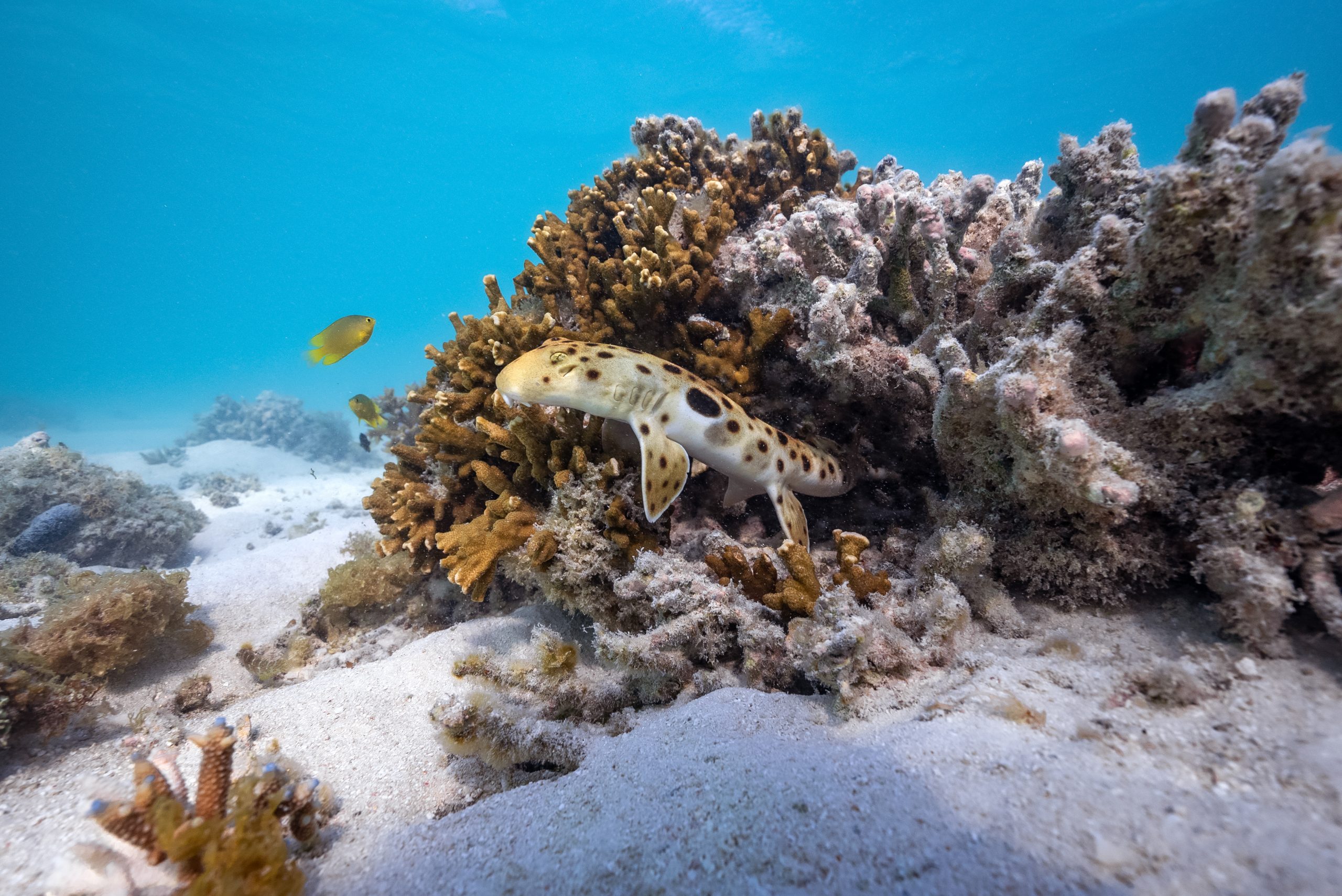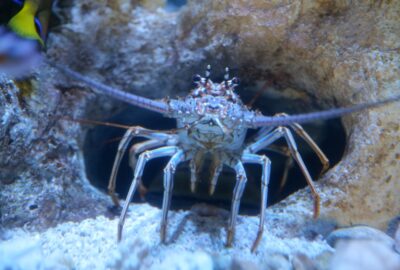The Five Biggest Shark Myths, Debunked
By New England Aquarium on Tuesday, July 25, 2023


Part of our goal at the Aquarium is to help educate visitors about our ocean and the animals in it. So, for Shark Week, we tapped Dr. Ryan Knotek, a research scientist in our Fisheries Science and Emerging Technologies program and shark expert, to debunk these top five biggest myths on one of the ocean’s most famous residents.
How well do you know sharks? Read up on some of the most commonly held misconceptions about sharks below:

Myth: All sharks are dangerous
Fact: Movies might make you believe the ocean is a scary place to be — but sharks don’t prey on humans. Most sharks eat bony fishes, crustaceans, mollusks, or other elasmobranchs (sharks, skates, and rays), while some larger sharks turn their attention to seals and turtles. Interestingly, the largest shark species are filter-feeders, eating only plankton for their entire lives!
Shark bites on humans are rare and are often cases of misidentification due to low visibility, turbulent water, or humans being around their natural prey, such as seals or schools of fish. Overall, the likelihood of being bitten by a shark is incredibly low. In fact, you are far more likely to be bitten by a dog or even struck by lightning.
By learning about shark behavior, you can help keep yourself safer when you swim in the ocean. Here in New England, the Atlantic White Shark Conservancy works to keep people informed about white sharks off Cape Cod.
Myth: Sharks have no predators
Fact: Indeed, many shark species are apex predators — but other predators are capable of eating sharks. It’s often a “shark eat shark” world, with larger species (or even larger sharks of the same species) preying on smaller sharks.
Orca whales also attack sharks, including large shark species such as blue sharks and white sharks in the northeastern Pacific Ocean and broadnose sevengill sharks off South Africa.
Humans are sharks’ main predators. Each year, millions of sharks are legally harvested for consumption, die after being accidentally caught and released, or are killed by illegal fishing operations.

Myth: Sharks can smell blood from a mile away
Fact: The distance from which sharks are able to smell and detect prey in the water depends on environmental factors outside their control, such as the speed and direction of currents transporting odors. So, while this myth isn’t really true, many can still detect a single drop of blood in roughly an Olympic-sized swimming pool — still quite impressive! Sharks’ sense of smell is particularly sensitive to specific odors released from their food sources, predators, potential mates, important habitats, and human-caused disturbances.
Myth: Megalodon sharks still exist
Fact: No scientific evidence supports that megalodon sharks (Otodus megalodon) still exist. These sharks are believed to have gone extinct roughly five million years ago and reached 18 meters (60 feet) in length. White sharks were initially thought to be their closest living relative, but recent research suggests today’s mako sharks are more closely related!
Myth: Sharks must keep swimming to survive
Fact: While some shark species must swim continuously to breathe and survive, not all do. The species that need to swim constantly are known as obligate ram ventilators, and include blue sharks and shortfin mako sharks. These sharks rely on swimming to force water into their mouths and over their gills for respiration. But, some species can remain stationary and continue to respire!
Several species, including spiny dogfish and epaulette sharks, have small openings behind their eyes called spiracles, which pump water to their gills so they can continue breathing without swimming. Other species, such as bull sharks and lemon sharks, can use what’s called buccal pumping for breathing when stationary. This involves opening and closing their mouths to create enough water movement over their gills to respire.




